Therapeutic Approaches
At Willowbridge Community Services, our counsellors receive training in the most current and effective thera-peutic approaches available. We keep our training up-to-date to make sure that you receive the best care and treatment possible. For a description of the therapies and approaches our counsellors have received training in and actively practice, see below:


Psychotherapy
Psychotherapy refers to a number of treatments designed to help maintain or improve mental wellbeing.
Through a therapeutic relationship with the client, a Psychotherapist offers tools to enable people to bring posi-tive change in their thinking, feeling, relationships and behaviour. Many turn to psychotherapy when they have thoughts, feelings, and behaviours that disrupt their day-to-day lives, relationships and ability to enjoy life. Wil-lowbridge is proud to offer a variety of Psychotherapy supports through counselling.
Cognitive Behavioural Therapy (CBT)
Cognitive Behavioural Therapy (CBT) is a type of psychotherapeutic treatment used to treat a wide range of conditions, including depression, anxiety disorders, panic disorders, obsessive-compulsive disorder, post-traumatic stress disorder, schizophrenia, substance abuse, addictions, anger, bipolar disorder, personality dis-orders, eating disorders and phobias. CBT helps people learn how to identify and change destructive thought patterns that affect their behaviour and emotions.
With CBT, an individual’s negative thought patterns can be identified, challenged, and replaced with more objective, realistic thoughts using a number of strategies that include journaling, relaxation techniques and role-playing.



Dialectical Behaviour Therapy (DBT)
Dialectical Behaviour Therapy (DBT) is a kind of Cognitive Behaviour Therapy that focuses on teaching people how to live in the moment, cope with stress in healthy ways, regulate emotions, and improve relationships. Counsellors who practice DBT are not always easy to find, and we’re proud to be one of the only Brantford agencies offering DBT.
The DBT approach was initially used to treat Borderline Personality Disorder (BPD) but has since been adapted for other conditions that cause difficulties in regulating emotions or behaviours. Dialectical Behaviour Therapy can be helpful in treating eating disorders, substance abuse and other repetitive life crises, like homelessness or financial insecurity.
At Willowbridge, we use DBT as a treatment either in a group setting or in individual counselling sessions. In these sessions, we focus on mindfulness, skills to navigate powerful feelings, assertiveness in healthy relation-ships, and tolerance to distress.
Family Systems Therapy
Family Systems Therapy is a form of psychotherapy that supports families to resolve conflicts with family members or resolve problems that exist within a family unit. The main approach to Family Systems Therapy is to create an understanding that individuals cannot be understood in isolation from one another, but rather, as a part of their family. A family largely informs who we are, what we believe, and who we will become.
In Family Systems Therapy, we work with family members individually and in a group to resolve issues that impact someone or everyone in the family. Together, families work to help resolve conflicts and relieve the strain on the family, supported by our counsellors who can assist individuals in distress. Family members ex-plore their roles, how they can change their role or switch roles if needed, and they learn ways to support and help each other. The ultimate goal of Family Systems Therapy is to restore the family unit and rebuild a healthy family system.



Solution Focused Brief Therapy
Solutions Focused Brief Therapy (SFBT) at Willowbridge begins with the assumption that you are the expert on your own life, and that with guidance from our counsellors, you can be empowered to find solutions with the resources and strengths you already possess. Our counsellors use solution-focused questions to demonstrate your strengths, resources, desires and the path to reaching your goals. Although SFBT acknowledges what has happened in the past, the focus remains on the present. This approach concentrates on your current experienc-es and resources, exploring your hopes for the future to resolve issues more quickly. In SFBT, you can expect to identify your goals, understand how you want your life to change, and make a plan to bring that change to life.
Solution-Focused Brief Therapy is designed to be just that–brief. There are fewer sessions with SFBT than in other psychotherapeutic approaches, however, your counsellor may suggest incorporating other techniques from other approaches to get the benefits of long-term therapy as well.
Narrative Therapy
Narrative Therapy begins with the understanding that all of us have a narrative, or story about ourselves, that informs who we are and how we relate to the world.
Willowbridge counsellors use narrative therapy to support you in separating who you are as a person from the issues you may struggle with. Our counsellors can empower you to make changes in your thought patterns and behaviours, and to rewrite your narrative for a future that better reflects who you are, what you’re capable of and renew your sense of purpose individually from your problems.
If you struggle with defining yourself by your problems and are fixed on feelings such as “I am a broken person”, or “I am an anxious person”, or another negative label, narrative therapy may be helpful to you. Our counsellors can support you to see your problem as something you have or struggle with, but not something that defines who you are.



Emotionally Focussed Therapy
Emotionally Focused Therapy (EFT) is an approach that focuses on how our interactions within relationships fall into patterns and cycles. At Willowbridge, we most often use EFT for couples’ counselling, but the concepts can be used with families and individuals who want to work on important relationships and patterns of behaviour individually, too.
“Secure attachment” is the goal of Emotionally Focused Therapy. Secure attachment is the idea that partners can provide the other with protection, security and comfort, but still be able to emotionally regulate and take care of themselves and their own feelings.
This is different than other types of couples’ therapy where we might teach the skills, tools and scripts a couple may use to improve their communication. We know that sometimes, when our emotions are heightened during an argument, it’s too hard to remember those tools and they get forgotten. We use EFT as a tool to restructure relationship patterns and to find an understanding of why and how the patterns exist so we can change them.
Mindfulness
Mindfulness-based cognitive therapy (MBCT) is a type of psychotherapy that combines cognitive therapy with meditation and present-oriented thoughts and attitudes we refer to as mindfulness.
Using techniques such as mindfulness meditation, our counsellors help to teach people to consciously pay at-tention to their thoughts and feelings without placing any judgments upon them, and without getting caught up in what could have been or might occur in the future. Our mindfulness therapies are usually offered in a group set-ting, but techniques can be taught in individual sessions too.
Mindfulness Therapy provides clarity of thought and can give you the tools needed to more easi-ly let go of negative thoughts instead of letting them feed your distress.



Acceptance & Commitment Therapy (ACT)
Acceptance and Commitment Therapy (ACT) is a kind of psychotherapy where people are encour-aged to embrace feelings and thoughts, rather than trying to fight them or feel guilty for having them.
Our counsellors typically use ACT with those who have experienced trauma or are overwhelmed by stressful circumstances that they cannot control. At Willowbridge, we combine mindfulness skills with self-acceptance, supporting you to reach the understanding that your feelings are valid and appro-priate, and that there is a way forward from them. It is possible accept the issues and hardships that you face, and to commit to making the necessary changes that will bring about a more positive future and help you cope with stress.